In addition to the quality we put into growing our Spirulina, we have taken the time to understand the science behind it, so you can better understand fresh Spirulina’s nutrition facts. The data below are all based on 100 grams.
Fresh Spirulina Nutrition Facts
CHLOROPHYL POWERING ENERGY FROM LIGHT
Chlorophyll: The Green Pigment in Plants
Chlorophyll is a vital green pigment in all green plants and fresh Spirulina. It plays a crucial role in photosynthesis, which is how plants convert light energy into chemical energy. This pigment absorbs light, primarily in the blue and red wavelengths, while reflecting green light, which is why plants appear green. The term “chlorophyll” originates from the Greek words χλωρός (chloros), meaning “green,” and φύλλον (phyllon), meaning “leaf.”
Role of Chlorophyll in Photosynthesis
Chlorophyll is essential for photosynthesis, allowing plants to capture sunlight and convert it into energy. During this process, chlorophyll molecules absorb photons of light, which excites electrons and initiates a series of reactions that ultimately produce glucose from carbon dioxide and water. This glucose is an energy source for the plant and is fundamental for growth and development.
Health Benefits of Chlorophyll
Green foods rich in chlorophyll provide numerous health benefits due to their high content of antioxidants, minerals, and vitamins necessary for optimal health. Chlorophyll supports various bodily functions by aiding in detoxification processes that help eliminate harmful toxins linked to disease. Additionally, it promotes healing within the body, supports cardiovascular health by improving circulation and reducing blood pressure, and may assist with weight management by enhancing metabolism.
Notably, fresh Spirulina contains significantly higher chlorophyll levels than other green sources; specifically, its chlorophyll content is reported to be 575% greater than that found in wheatgrass. This makes Spirulina an exceptional source for those looking to increase their intake of this beneficial pigment.
Chlorophyll is essential for plant life because of its role in photosynthesis. When consumed through green foods like Spirulina, it offers various health benefits. Its ability to support detoxification, healing processes, cardiovascular health, and weight management underscores its importance in a balanced diet.
Chlorophyll – (.29 g) 10x more than wheatgrass
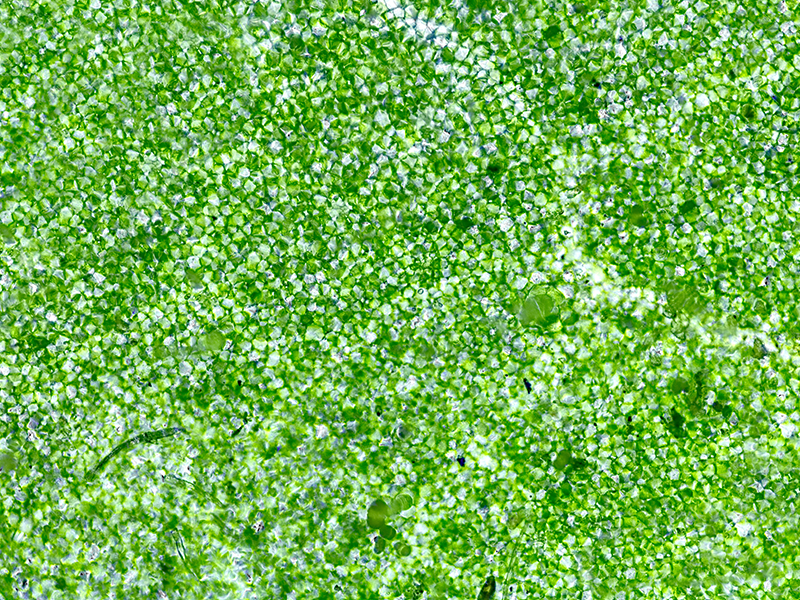
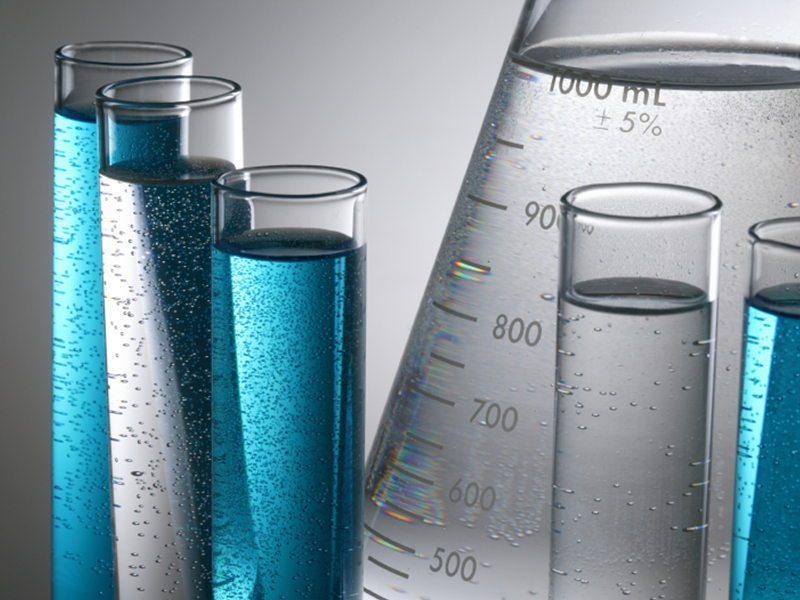
PHYCOCYANIN SUPER PIGMENT
Phycocyanin: A Promising Natural Compound
Overview of Phycocyanin Phycocyanin is a blue pigment-protein complex that belongs to the light-harvesting phycobiliprotein family. It is predominantly found in Spirulina. In Raw Living Spirulina, phycocyanin constitutes over 10% of its composition and is an accessory pigment to chlorophyll. It plays a crucial role in photosynthesis by capturing light energy.
Health Benefits of Phycocyanin Research has indicated that phycocyanin possesses several pharmacological properties that contribute to its potential health benefits:
- Antioxidative Function: Phycocyanin has been shown to exhibit potent antioxidant activity, helping to neutralize free radicals in the body. This property is essential for reducing oxidative stress, which can lead to various chronic diseases.
- Anti-inflammatory Activity: Studies suggest that phycocyanin may help reduce inflammation by inhibiting the production of pro-inflammatory cytokines. This effect can be beneficial in managing conditions characterized by chronic inflammation.
- Anti-cancer Properties: Increasing evidence supports the anti-cancer effects of phycocyanin. Research indicates that it can inhibit the proliferation of cancer cells and induce apoptosis (programmed cell death) and autophagy (the process by which cells degrade and recycle components). These mechanisms are critical in combating tumor growth and progression.
- Immune Enhancement: Phycocyanin may enhance immune function by promoting the activity of immune cells, thereby improving the body’s ability to fight infections and diseases.
- Liver and Kidney Protection: Some studies have suggested that phycocyanin could protect liver and kidney functions, potentially aiding in detoxification.
Current Research Trends Phycocyanin has emerged as a focal point in drug research due to its diverse biological activities. The growing body of literature highlights its potential as a natural therapeutic agent against cancer and other diseases. Researchers are exploring its mechanisms of action further, aiming to develop phycocyanin-based treatments or supplements that could complement existing therapies.
Phycocyanin from Raw Living Spirulina is significant due to its antioxidative, anti-inflammatory, anti-cancer properties, immune enhancement capabilities, and protective effects on vital organs like the liver and kidneys.
Phycocyanin – (6.78 g) bioactive liquid proteins protected inside the living cells
References:
https://www.ncbi.nlm.nih.gov/pmc/articles/PMC5687155/
BIOAVAILABLE LIVING VITMAINS
A vitamin is an organic molecule (or related set of molecules) that is an essential micronutrient—that is, a substance that an organism needs for the proper functioning of its metabolism but cannot synthesize, either at all or in sufficient quantities and, therefore must obtain through its diet.
Vitamins help your body grow and work the way it should. Raw Living Spirulina contains every Vitamin (A (51.8 g), B1 (.63 mg), B2 (.86 mg), B3 (.24 mg), B5 (.66mg), B6 (1.4 mg), B9 (188 μg), C (23.3 mg), E (4 mg), K (100 μg) and Choline (40 mg). The only one missing is Vitamin D which we get for free from the sun.
Vitamins have different jobs–helping you resist infections, keeping your nerves healthy, and helping your body get energy from food or blood to clot properly. The best way to get the vitamins, minerals, and other nutrients you need isn’t with a shopping spree at your local drug or “health” store. Instead, go directly to the source, whole plant-based living foods.
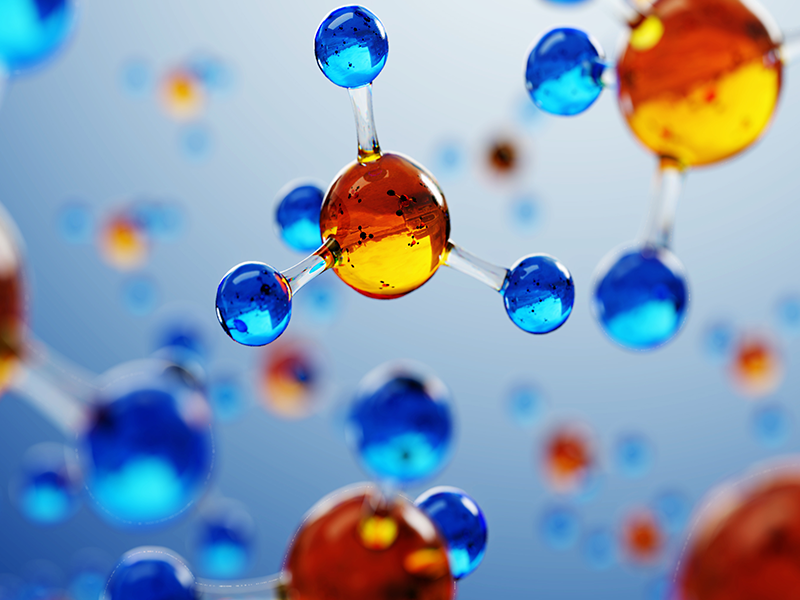

MINERALS FOR CELLULAR COMMUNICATION
In nutrition, a mineral is a chemical element required as an essential nutrient by organisms to perform functions necessary for life. Like vitamins, minerals help your body grow, develop, and stay healthy. The body uses minerals to perform many functions, from building strong bones to transmitting nerve impulses. Some minerals are even used to make hormones or maintain a regular heartbeat. Minerals originate in the earth and cannot be produced by living organisms. Most minerals in a human diet come from eating plants or drinking water. Minerals are one of the four groups of essential nutrients: vitamins, essential fatty acids, and essential amino acids. The five major minerals in the human body are calcium (20mg), phosphorus (40mg), potassium (127mg), sodium (.081g), and magnesium (120mg). All the remaining elements in the human body are called “trace elements.” The trace elements that have a specific biochemical function in the human body are sulfur, iron (10.5mcg), chlorine, cobalt, copper (1.32mg), zinc (52mcg), manganese (120mcg), molybdenum (399mcg), iodine (1.6mcg) and selenium (.8mcg) of which Raw Living Spirulina contains them all.
ANTIOXIDANTS
Certain plant-based foods are rich in antioxidants. Plant-based antioxidants are a phytonutrient or plant-based nutrient.
Free radicals are waste substances cells produce as the body processes food and reacts to the environment. If the body cannot process and remove free radicals efficiently, oxidative stress can result. This can harm cells and body function. Free radicals are also known as reactive oxygen species (ROS). Raw Living Spirulina contains an abundance of antioxidants.
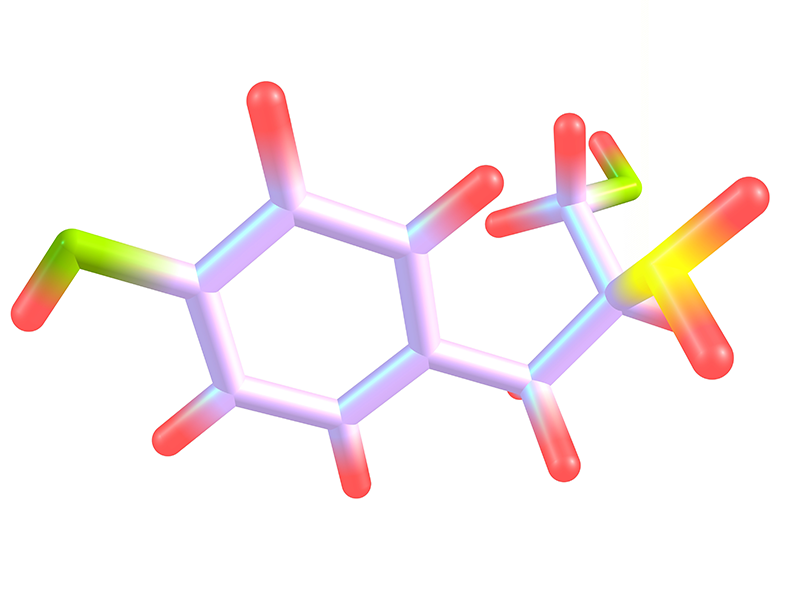

FIGHTER PHYTONUTRIENTS
Phytonutrients are plant nutrients with specific biological activities that support human health. Food’s major nutrients include carbohydrates, proteins, lipids, vitamins, and minerals. Besides these, some bioactive food components known as “phytonutrients” are essential in strengthening the human immune system.
Phytonutrients play a positive role by maintaining and modulating immune function to prevent specific diseases. In addition, they are natural products and hold great promise in clinical therapy as they have no side effects usually associated with chemotherapy or radiotherapy. Raw Living Spirulina contains a wealth of powerful living phytonutrients that play an essential role in maintaining the normal functions of the human body.
ß-Carotene: (51.8 mg)
Zeaxanthin: (102.1 mg)
Other Carotenoids: (.93 mg)
AMINO ACIDS
Another of Spirulina’s nutrition facts is that Raw Living Spirulina is dense with all nine essential amino acids that the body does not naturally synthesize. Here is a list of the different amino acids and how your body utilizes them:
Histidine – (.2 g) biosynthesis of proteins – synthesis of hemoglobin, tissue repair, strengthening of the immune system.
Isoleucine – (.076 g) is required for optimal growth
Leucine – (.1 g) stimulates brain function
Lysine – (.07 g) is needed for producing antibodies, enzymes, and hormones.
Methionine – (.02 g) antioxidant properties
Phenylalanine –(.6 g) required for thyroid function
Threonine – (.06 g) improves intestinal and digestive function
Tryptophan – (.02 g) regulates serotonin
Valine – (.082 g) stimulates the mental and physical capacity
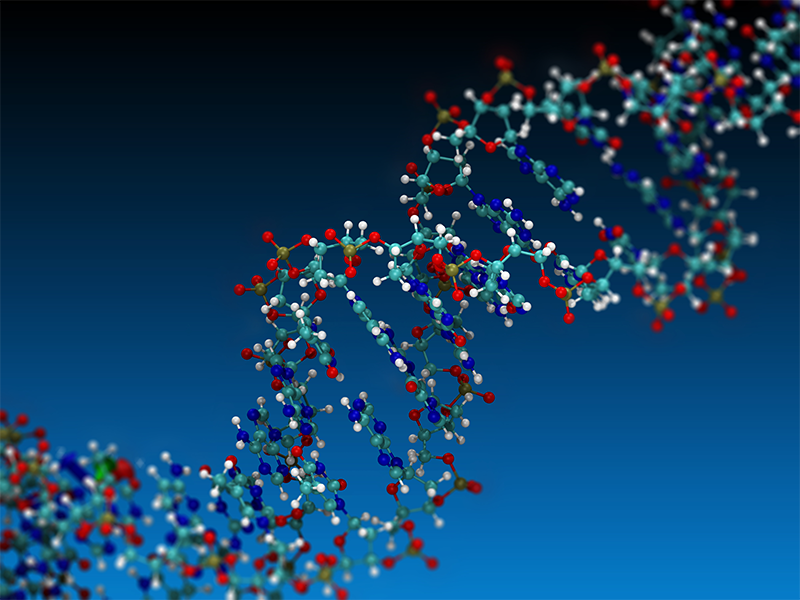
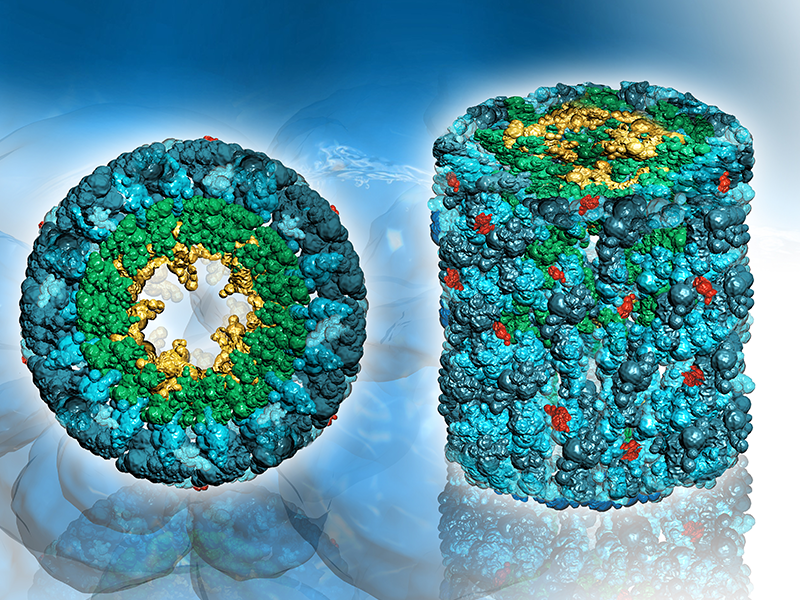
COMPLETE PROTEIN
It’s easy to understand the excitement. Protein is an essential component of every cell in the body. For example, hair and nails are mostly made of protein. Your body uses protein to build and repair tissues. You also use protein to make enzymes, hormones, and other body chemicals. Protein is an essential building block of bones, muscles, cartilage, skin, and blood.
Along with fat and carbohydrates, protein is a “macronutrient,” meaning the body needs relatively large amounts of it. On the other hand, vitamins and minerals are required, and small quantities are called “micronutrients.” But unlike fat and carbohydrates, the body does not store protein and therefore has no reservoir to draw on when it needs a new supply.
Raw Living Spirulina is a complete protein containing all nine essential amino acids in the perfect ratio, recognizable and useable by the human body in its raw form.
Protein – 16.2 g (71%) (highest source of any food)
SUPEROXIDE DISMUTASE
Superoxide Dismutase (SOD) and Its Role as an Antioxidant
Superoxide dismutase (SOD) is recognized as one of the most potent antioxidants produced by the human body. This enzyme in nearly all living cells protects cellular structures from oxidative damage. SOD catalyzes the conversion of superoxide radicals, which are harmful by-products generated during oxygen metabolism, into less harmful substances: molecular oxygen (O2) and hydrogen peroxide (H2O2). If left unchecked, superoxide radicals can lead to various forms of cellular injury, making SOD essential for maintaining cellular health in environments where oxygen is present.
The Fragility of SOD
Despite its importance, SOD is a delicate molecule that cannot be effectively supplemented through synthetic means due to its instability within the digestive system. When ingested in supplement form, it tends to degrade before it can exert its beneficial effects. Therefore, obtaining bioactive SOD directly from natural sources is recommended. The most viable option for acquiring this enzyme is through the consumption of living foods, particularly raw living spirulina, which has been shown to contain bioavailable forms of SOD.
Superoxide dismutase is a vital antioxidant defense mechanism against oxidative stress in nearly all aerobic organisms. Its fragile nature necessitates sourcing it from living foods rather than synthetic supplements to ensure its efficacy.
Superoxide Dismutase – (40000 IU)
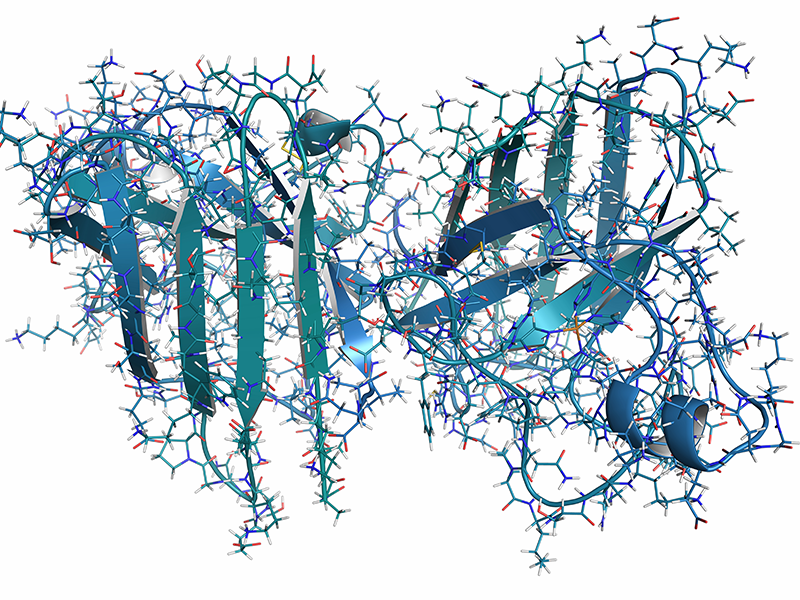
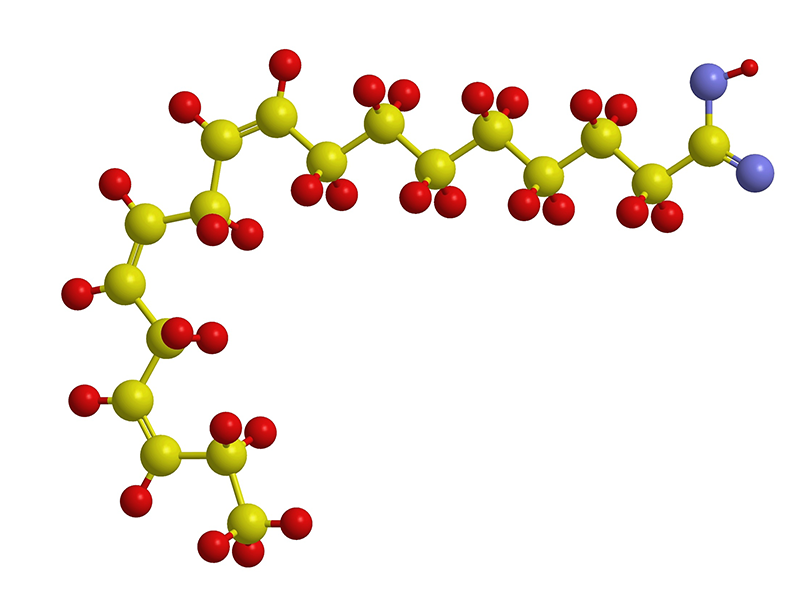
OMEGA 3 FATTY ACIDS
Omega Fatty Acids Overview
Omega fatty acids are classified as “polyunsaturated” due to their chemical structure. The prefix “poly” indicates the presence of multiple double bonds within the fatty acid chains, a defining characteristic of polyunsaturated fats. These fatty acids are essential nutrients, meaning the human body cannot synthesize them, and they must be obtained through dietary sources.
Importance of Omega-3 Fatty Acids
Among the omega fatty acids, omega-3 fatty acids are vital in maintaining normal metabolic functions and are integral components of human cell membranes. They are crucial for various physiological processes, including anti-inflammatory responses and cellular health. However, it has been observed that typical Western diets often lack sufficient amounts of omega-3 fatty acids. This deficiency can lead to an increased risk of chronic health issues such as obesity, diabetes, and cardiovascular diseases.
Nutritional Benefits of Raw Living Spirulina
Raw Living Spirulina is recognized as a highly nutritious food source that contains significant levels of omega-3 fatty acids, including alpha-linolenic acid (ALA), eicosapentaenoic acid (EPA), and docosahexaenoic acid (DHA). These types of omega-3s are known for their anti-inflammatory properties and essential roles in supporting healthy cellular function. Incorporating fresh spirulina into your diet enhances your nutritional intake and promotes better overall health for your body and skin.
Alpha-Linolenic – (.03 g)
Docosahexaenoic (DHA) – (.06 g)
OMEGA 6 FATTY ACIDS
Omega-6 Fatty Acids: Overview and Importance
Like omega-3 fatty acids, omega-6 fatty acids are classified as polyunsaturated. The primary omega-6 fatty acid is linoleic acid (LA), predominantly found in various seeds, including flaxseed and hempseed. Linoleic acid is a precursor to other essential fatty acids in the body.
Conversion to Gamma-Linolenic Acid (GLA)
Linoleic acid can be converted into gamma-linolenic acid (GLA). GLA is notable for its potent anti-inflammatory properties, which benefit various health conditions, including hormonal balance in women. This conversion process highlights the significance of LA in maintaining overall health.
Structural Characteristics
The structural distinction between omega-3 and omega-6 fatty acids lies in the position of the last double bond within their molecular structure. In omega-6 fatty acids, this double bond occurs six carbons away from the omega end of the molecule. This specific arrangement influences how these fats function within the body.
Dietary Necessity and Energy Source
Omega-6 fatty acids are essential fats, meaning the body cannot synthesize them, and they must be obtained through dietary sources. They play a crucial role in energy production and are involved in various physiological processes.
Nutritional Content of Raw Living Spirulina
Raw Living Spirulina is noted for containing one of the highest concentrations of gamma-linolenic acid (GLA) found in nature, second only to breast milk. This makes it a valuable supplement for individuals seeking to increase their intake of this beneficial fatty acid.
GLA – .24g
ALA – .12g
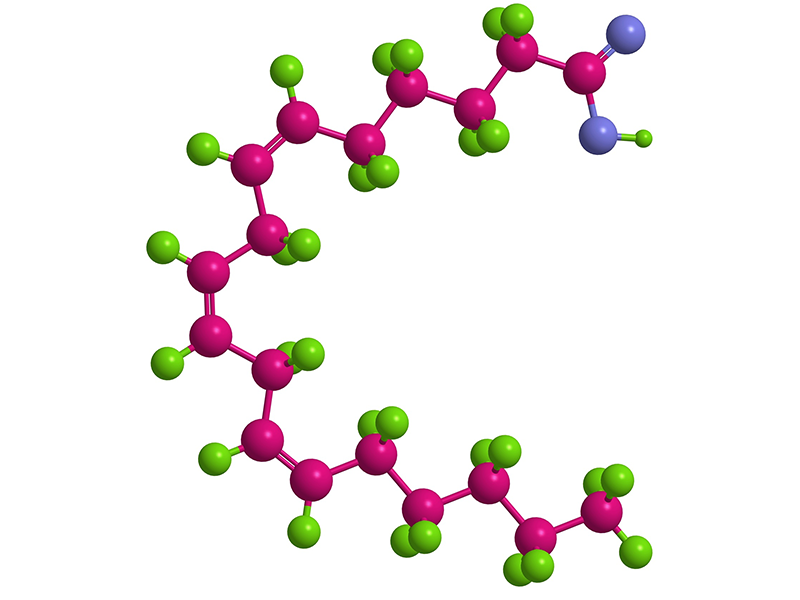
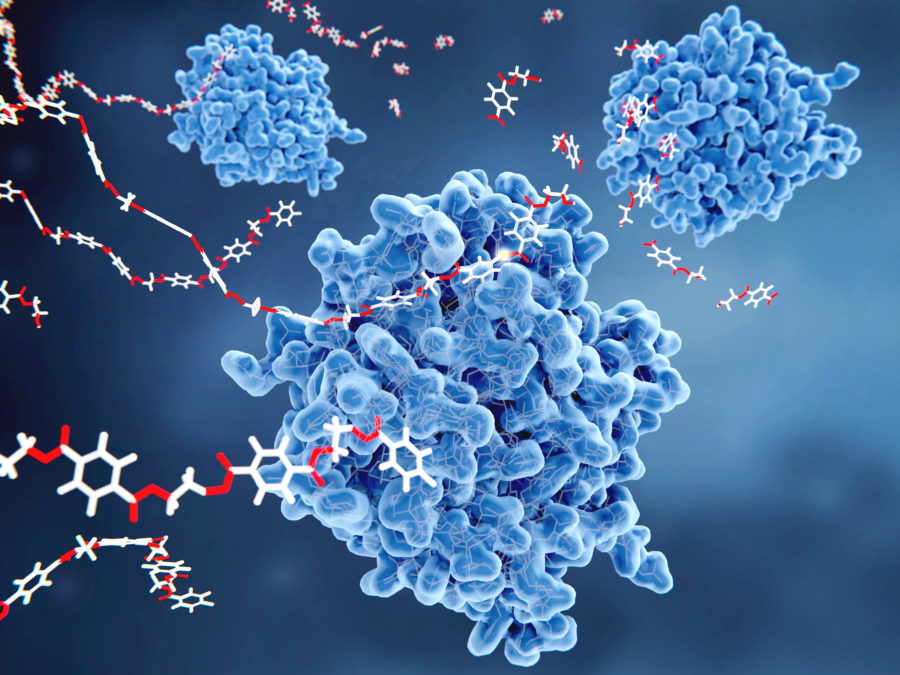
BIOACTIVE ENZYMES
Raw Living Spirulina is also a rich source of enzymes, RNA, DNA, sulfolipids, glycogen, and other potentially crucial nutrients.
Enzymes are macromolecular biological catalysts. Enzymes are biological molecules (proteins) that act as catalysts and help complex reactions occur everywhere in life, accelerating chemical reactions. They affect every function, from breathing to digestion. The molecules upon which enzymes may act are called substrates, and the enzyme converts the substrates into different molecules known as products.
Ribonucleic acid (RNA) is a polymeric molecule essential in various biological roles in the coding, decoding, regulating, and expressing genes. RNA and DNA are nucleic acids and, along with lipids, proteins, and carbohydrates, constitute the four major macromolecules essential for all known life forms.

